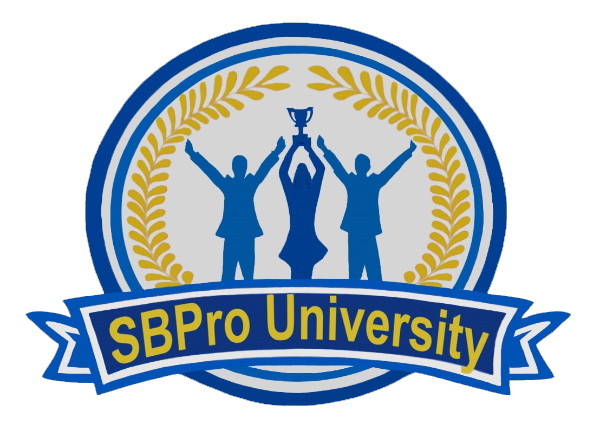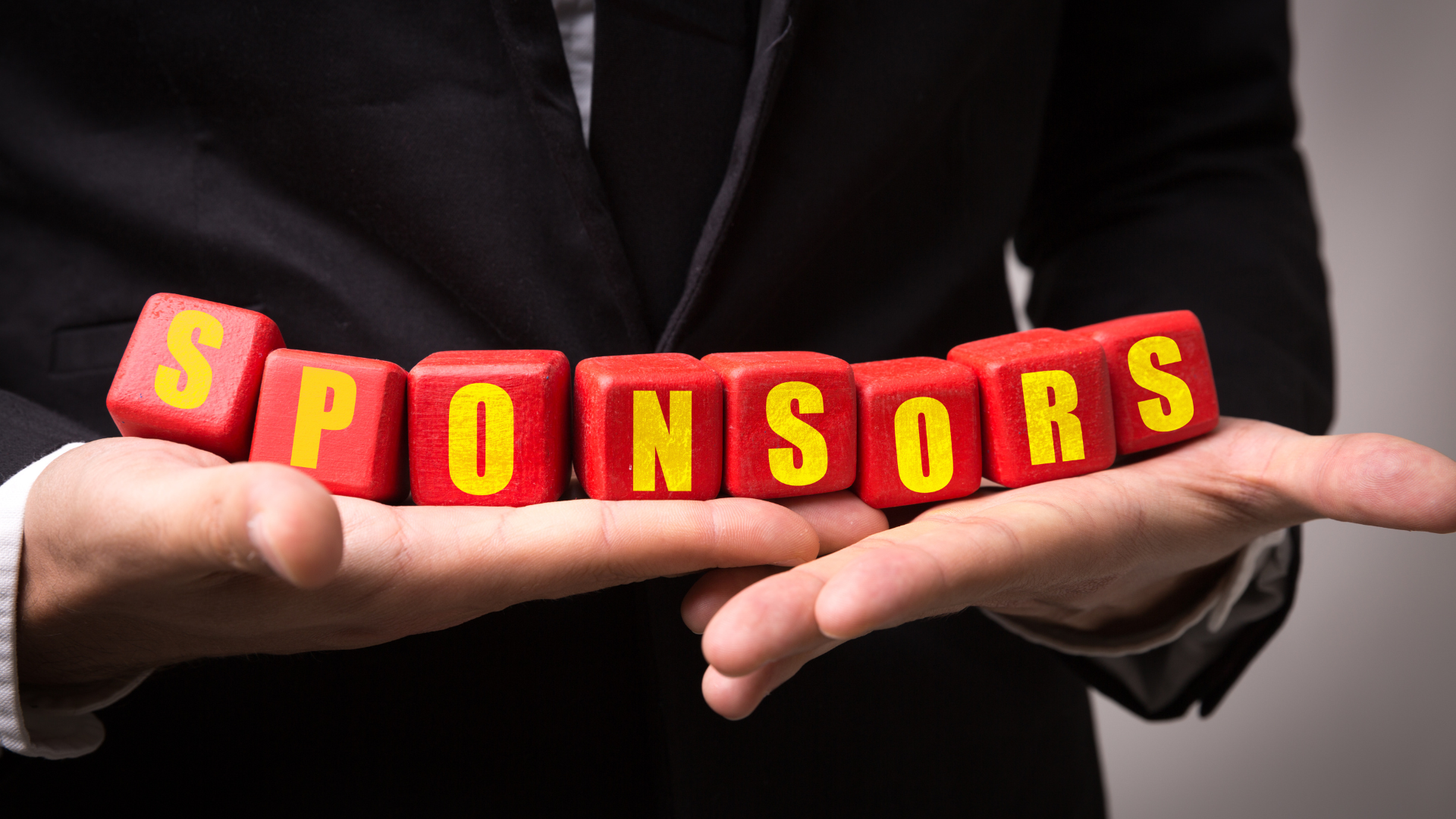How to Secure Sponsors Successfully
I'm thrilled to share insights with Roberta Vigilance, an event sponsorship consultant, to delve into the intricacies of securing sponsorships for events. This episode is a treasure trove of actionable advice and expert insights, perfect for entrepreneurs and event organizers looking to navigate the sponsorship landscape effectively.
Understanding Sponsorship
What is Sponsorship?
Roberta Vigilance begins by defining sponsorship as a mutually beneficial relationship where a sponsor provides funding or resources in exchange for something of value, such as exposure or marketing benefits. This is a crucial distinction from donations, which are typically one-sided and do not involve an exchange of value.
Types of Sponsors
Sponsorship can come from various entities, including:
Corporate Brands: Large companies looking to connect with specific audiences.
Small Businesses: Local businesses aiming to increase their visibility.
Individuals: High-net-worth individuals interested in supporting causes or events.
Government Organizations: Public entities that align with the event's mission.
Misconceptions About Sponsorship
One common misconception is that only non-profit organizations can seek sponsorships. Roberta emphasizes that for-profit entities can also secure sponsorships for various events, from fundraisers to personal projects. The key is to align with brands that share a similar mission or message.
Crafting a Winning Sponsorship Proposal
The Proposal Process
Roberta explains that a well-prepared sponsorship proposal is essential. This proposal should:
Clearly Articulate Benefits: Detail what the sponsor will receive in return for their support.
Align with Sponsor Goals: Show how the event aligns with the sponsor's objectives and values.
Include Audience Insights: Provide demographics and psychographics to tailor the proposal to the sponsor's needs.
Key Components of a Sponsorship Package
A comprehensive sponsorship package should include:
Event Overview: A brief introduction to the event, including its purpose, target audience, and expected outcomes.
Value Proposition: A clear explanation of what the sponsor will gain from the partnership, including visibility and engagement opportunities.
Metrics for Success: Information on how the success of the sponsorship will be measured, including both tangible and intangible metrics.
Budget Breakdown: A detailed account of the event's budget, including all costs and how sponsorship funds will be utilized.
Measuring Sponsorship Success
Roberta introduces the concept of the "soft scale" and "hard scale" for measuring sponsorship success:
Hard Scale: Tangible metrics such as sales or stock market performance.
Soft Scale: Intangible benefits such as brand perception and audience sentiment.
Creating Win-Win Partnerships
Establishing Mutual Benefits
Roberta underscores the necessity of establishing a win-win mentality in sponsorships. Both the event organizer and the sponsor should benefit from the partnership. She cautions against approaching sponsorships with a mindset of entitlement, where organizers expect funding without offering substantial value in return.
Nurturing Sponsor Relationships
Once a sponsorship is secured, it's crucial to demonstrate the value of the partnership. By showcasing the success of the sponsorship, event organizers can foster long-term relationships with sponsors, potentially leading to increased funding and resources for future events.
Determining Sponsorship Amounts
Assessing Needs and Value
When determining the amount to ask for in sponsorships, Roberta advises event organizers to list all their needs and associated costs. This comprehensive approach ensures that they ask for an amount that accurately reflects their requirements. She emphasizes the importance of returning value to sponsors, suggesting that the value provided should ideally exceed the amount requested.
Top Takeaways
As the episode wraps up, Roberta shares her top three takeaways for listeners:
Understand Sponsorship: Familiarize yourself with the fundamentals of sponsorship, including its definition and how it works. This knowledge will empower you to build effective proposals.
Take Action: Securing sponsorships is a process that requires persistence. Follow up with potential sponsors and be prepared for a journey that may involve multiple interactions.
Communicate Effectively: Develop a strong understanding of the language of sponsorship. This will help you engage with sponsors more effectively and convey the value of your event.
Conclusion
The episode provides a comprehensive guide for entrepreneurs looking to navigate the world of sponsorship. By understanding the fundamentals, crafting compelling proposals, and nurturing sponsor relationships, event organizers can secure successful partnerships that benefit both parties. For more insights and resources, listeners are encouraged to connect with Roberta Vigilance and subscribe to the podcast.
By breaking down the key elements of securing sponsorships, this blog post aims to provide valuable, detailed information that can guide listeners of the episode. The actionable advice and thorough explanations make it a valuable resource for anyone looking to master the art of event sponsorship.
The recording of my entire Livestream with Roberta Vigilance, on the Small Business Pro University YouTube Channel…


